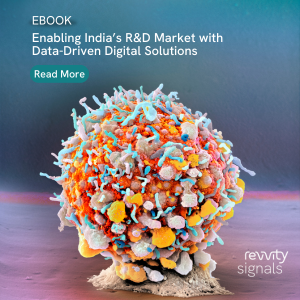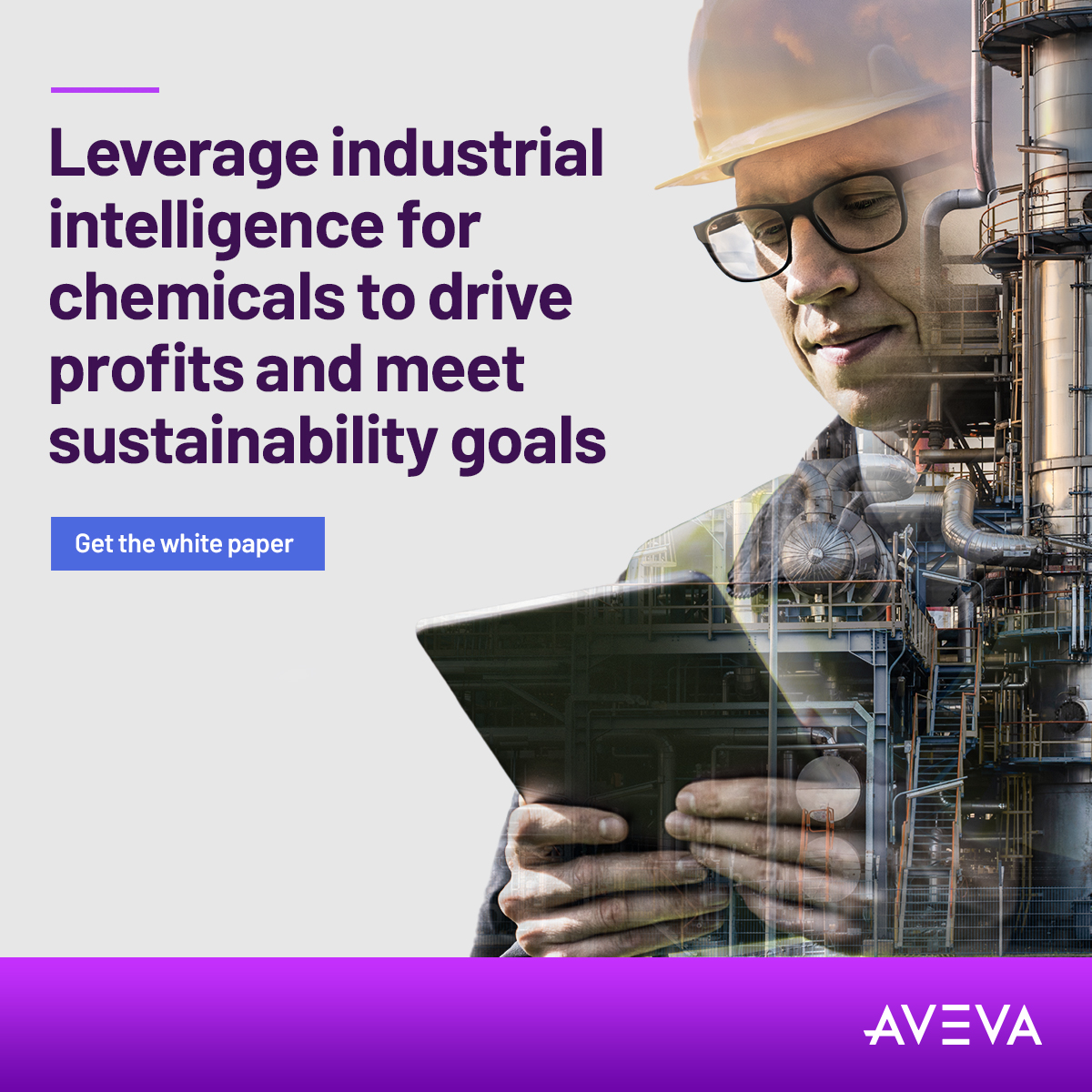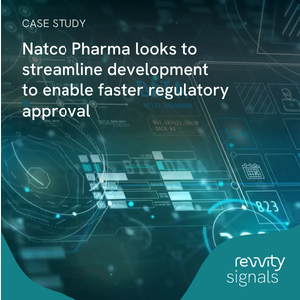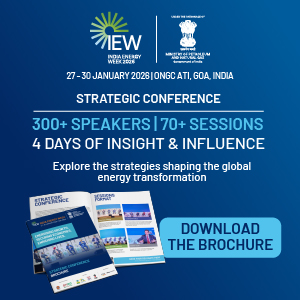Home » Gallery
Gallery
September 01, 2025
Our advanced driver monitoring system uses AI-powered cameras and edge computing to improve fleet safety: Paresh Rakesh, Regional Business Head, Netradyne
Our system uses deep-learning algorithms to detect and analyze driver behavior, vehicles, pedestrians, traffic signs, and signals in real time
August 25, 2025
Offering diverse and quality beauty care products: Pooja Dubey, Business Development Specialist - Personal & Health Care, CALDIC
Caldic supplies ingredients and formulation expertise for the beauty and personal care industry. The company offers a range of ingredients and solutions for skincare, haircare, oral care, color cosmetics, and bath and shower products to help formulators create innovative, high-quality products for their own brands.


















